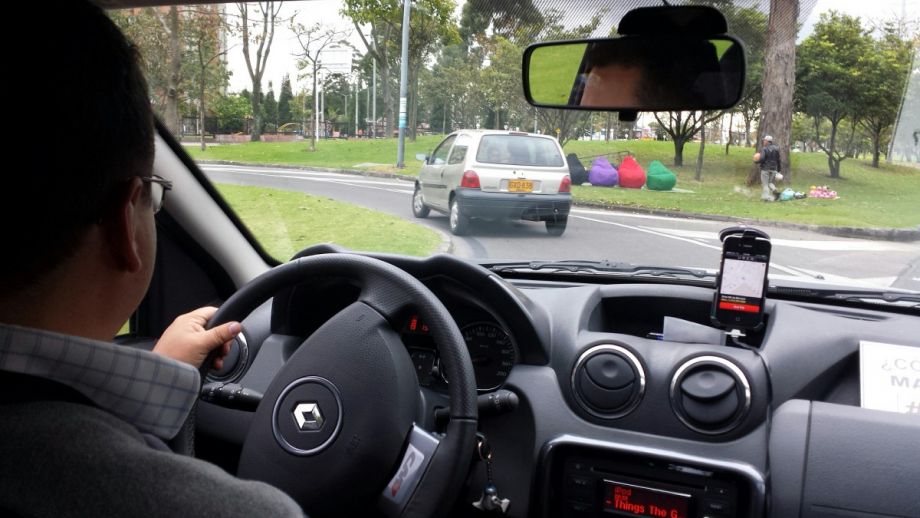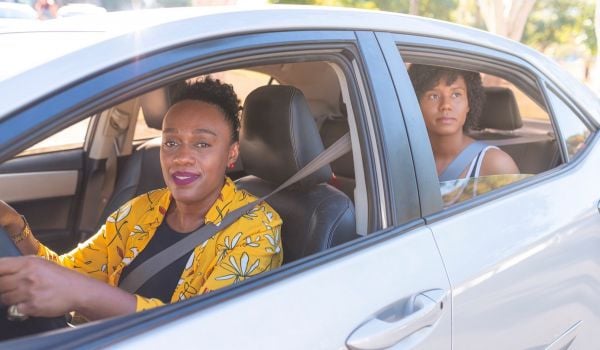Uber drivers won a small victory Wednesday in their ongoing quest to be considered employees. The ruling of a federal court in North Carolina is only a step along the way, allowing the plaintiffs to seek out other drivers who have opted out of arbitration in their contracts with Uber, but it could still deal a blow to the company. As the New York Times notes, Uber has over 600,000 drivers across the U.S., and approximately 18,000 have opted out of arbitration in their contracts, making them eligible to join the plaintiffs.
“The ruling today is going to allow drivers across the country to band together to challenge Uber’s misclassification of them,” Paul B. Maslo, a lawyer for the drivers, told the Times. “They are employees and should be getting minimum wage and overtime as required by federal law.”
Uber said in a statement that it was “disappointed with this decision, particularly because a Federal District Court recently denied conditional certification in another case,” according to the paper. That ruling was made in Florida last month.
From the Times:
The drivers who opted out of arbitration, which Uber’s contract gave them 30 days to do, are in an unusual position. A growing number of employers, from start-ups like WeWork to major retailers like Kmart and Sears, require their workers to agree that any dispute will be heard not in court but in arbitration — a secretive process that is often lopsided in favor of the employer. Few companies provide any opportunity to opt out of the arbitration clauses.
Such clauses have thwarted dozens of class-action cases before they gained any momentum.
The drivers’ push to be classified as employees rather than independent contractors gained momentum last year, as workers in New York, Washington and California began to unionize. At the time, Johnny Magdaleno wrote for Next City:
Being allowed to submit workers’ compensation claims is on the wish list for on-demand drivers across the country, and according to [Amalgamated Transit Union] President Larry Hanley, there’s no sector of the gig economy that deserves this recognition more.
“The illness and injury rates among transit workers is among the highest in U.S. among blue-collar jobs,” says Hanley. “Driving a bus or car causes back problems, kidney problems, all kinds of organ problems, and Uber drivers are a class of workers who have been carved out of all the potential protections on the labor side.”
Earlier in 2016, Uber settled a pair of class action lawsuits in California and Massachusetts with roughly 385,000 drivers. Under that settlement, drivers continued to be classified as contractors, not employees, but they did get several concessions — for example, the company tweaked its deactivation process, adding several warnings and an explanation before drivers were banned from the app.
In June, Uber’s contentious CEO Travis Kalanick left his post following the demands of five major investors.

Rachel Dovey is an award-winning freelance writer and former USC Annenberg fellow living at the northern tip of California’s Bay Area. She writes about infrastructure, water and climate change and has been published by Bust, Wired, Paste, SF Weekly, the East Bay Express and the North Bay Bohemian
Follow Rachel .(JavaScript must be enabled to view this email address)










